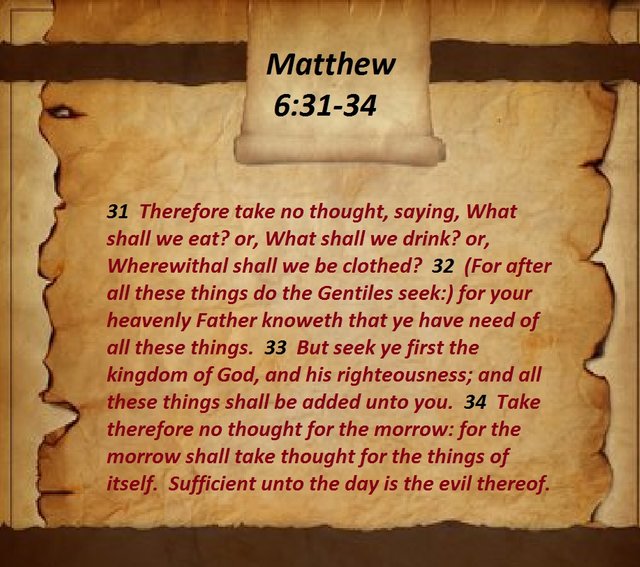blog
Formation of the notion and awareness of self is one of the inner processes a person engages into at an early age and can never complete. It’s basically an estimation of what a person thinks of themselves. Strangely enough, it is rarely an estimation based solely on personal judgement. It’s heavily dependant on the feedback others give, the environment, and most importantly the person’s interpretation of this feedback.
In an ever-changing environment it’s very easy to lose the knowledge you have of who you are even if you have it, let alone keep it when you don’t have it.
I have struggled with low self-worth for most of my life, and like many people, it started young.
Very early on I have learnt what it feels like to feel helpless and out of control.
Not like the way a child feels when someone takes their toy, it was a grown-up, weakening feeling. It was prompted by the loss of my beloved parents.
I was twelve at the time and I didn’t quite realize it then, but this was an event that marked my life and self-worth in a very severe way.
I lost my security- the security I had in the presence of people in my life. I became painfully aware of a fact I knew for quite a while- people die. They actually die, and leave us.
But that wasn’t just any people, it was mom and dad! They were my rock, my whole world pretty much!
Now that I’m a mother, I can see what an important part parents play in the construction of a person’s character. Especially when they are as loving and as caring as my parents were.
The love for self is taught through love towards the self.
Although I was raised by my maternal grandparents, who gave me the love in the only way that they knew, I often felt alone. It took me many years to establish the relation between this very traumatic personal experience and my self-esteem. And now finally I have an understanding.
When a person is not able to assert control over the events in their life, they logically turn towards the one thing they have control over- their estimation of self.
Why? Because it’s the much needed explanation and attempt for control a person desires.
After my parents died I was facing the most baffling and horrific question a child can face- “why?”. I had no idea why this had to happen to me, to my parents.
This is when the silent self-guilt comes in. I started thinking it’s maybe because of something that I was or did. If I was better, maybe I would of had better luck in life.
I realize now, that this was the beginning of my shaky relationship with myself- I was deprived from the solid safety I had in my life in the face of my parents and I had no idea why. The grief and pain that I was feeling at the time made me inclined to believe on a very incomprehensible to me level, that bad things happen to me because I myself am not that good. I felt that I am not worthy and maybe that’s why God took my parents away from me.
From that point on, my vision and awareness of myself became a very malleable concept.
I was more inclined to believe in a negative perception of myself, because I was angry at myself. I had all of this anger I had no idea how to expel out of my system. I couldn’t blame my parents for leaving me, I could not blame faith for what happened- I didn't even know what that was at the time.
The easiest one to blame was myself. In a very subtle and at the same time a very fierce way, I held myself accountable for something that was beyond my capability to control. The simple explanation is because it was easier to explain it to myself that way. It was easier to give reason for my loss and to make it seem logical in a way.
I know now that this is the biggest punishment a person can direct towards themselves and ultimately, the path to assassination of self-worth.
People certainly do not come with a manual of how to handle unpredictable, life-changing situations and preserve their integrity. My reaction was to become inclined to think I am not worthy of good things happening to me.
This mild inner suggestion shaped my perception of myself and the feedback I was getting from others throughout the years.
